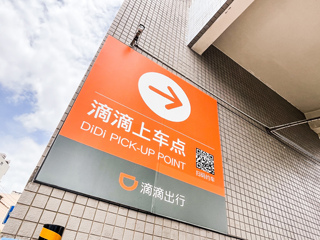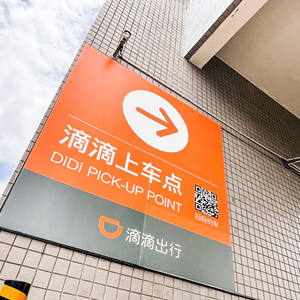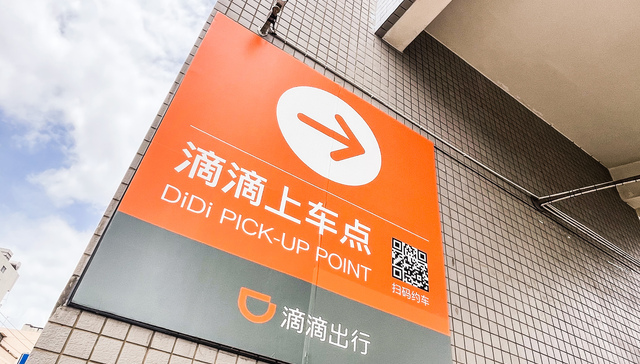By WU Yangyu
Ride-hailing giant Didi Chuxing and EV maker Xpeng's new strategic partnership has seen Xpeng acquire Didi's EV assets for a price of HK$5.8 billion (US$740 million, 5.4 billion yuan).
The transaction will be completed through an issuance of new A-shares, and Didi will obtain 3.25 percent of Xpeng's outstanding shares upon completion.
Xpeng was the first automobile manufacturer to receive such support from Didi's ecosystem, with the two companies planning wide cooperation. Xpeng will develop a separate brand named "Mona," priced at around 150,000 yuan.
In 2017, Didi attempted to collaborate with BYD and Li Auto on vehicles for ride-hailing. The partnership with Li Auto ended in bankruptcy, but the collaboration with BYD led to the D1 in November 2020, priced at 120,000 yuan.

Despite high expectations for the D1, barely 50,000 have been sold. Didi's role is passenger experience, rather than car manufacturing.
In 2021, Didi established the “Da Vinci” team, the main asset sold to Xpeng. The team comprised about 1,700 employees at its peak and was dedicated to the automaking business. By 2022, the Da Vinci was down to a staff of about 100.
Didi's collaboration with Xpeng will be pivotal in the company's journey in the automotive sector. It demands substantial time and financial investment - a challenge for Didi given its accumulated losses of hundreds of billion yuan.
The collaboration allows Didi to retain its capabilities in exterior design, cockpit, and autonomous driving, which can generate value through cooperation with other automakers.
Additionally, if Mona achieves annual sales of over 100,000 for two consecutive years, Didi's stake in Xpeng will increase.
Didi's autonomous driving team was established in 2016 and became a separate entity three years later. The longstanding involvement in this sector is closely related to its core ride-hailing business.
As autonomous driving eliminates human drivers, its long-term value is undeniable. However, its immediate commercial viability remains limited.





